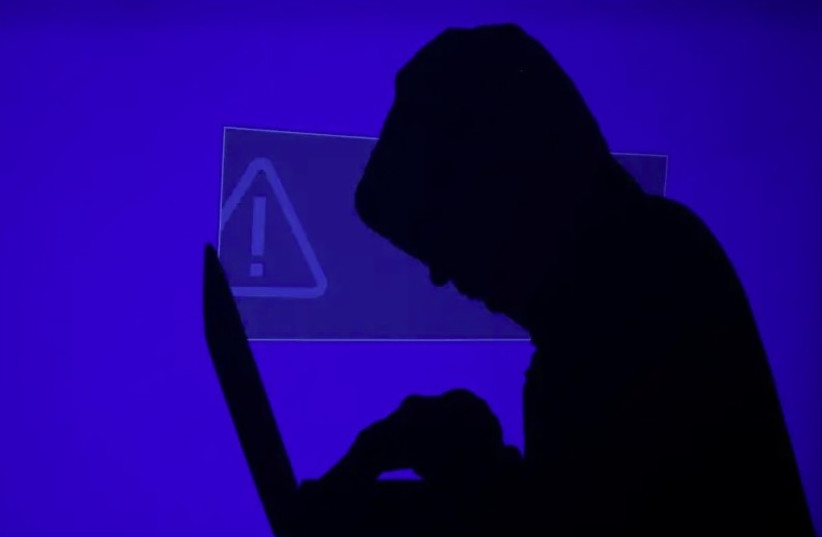Swiss cyber giant Acronis celebrated the success of its year-old R&D center in Israel at its partner event on May 25 in Herzliya. The company’s Israel branch saw a whopping 400% growth in cloud monthly recurring revenue (MRR) over the past year.
“It has been an amazing year for Acronis as a company, and specifically Acronis in Israel,” said Acronic president and COO Ezequiel Steiner. “The company has broken records in terms of growth. We only grow because [Acronis employees] help us grow.”
Governments worldwide saw a 1,885% rise in ransomware attacks over the past year, according to the 2022 Cyber Threat Report released in February by SonicWall. Israel is well-positioned to combat that growing threat, as the 2022 Middle East Cybersecurity Market Report predicts the country is expected to emerge as the best market for cyber investment in the next five years.
Acronis, which provides backup software with anti-malware protection, aims to lead the charge and continue the growth it experienced a year after its Israel launch. At the Wednesday event, the company warned about the increasingly clever ways in which bad actors gain access to sensitive company information and funds. These range from phishing and malware attacks to data theft and IoT attacks.
One striking example raised by Candid Wüest, Acronis’s VP of cyber protection research, would have left the audience’s jaws dropped if it weren’t composed of techies: pay-an-insider attacks. In such attacks, the hackers literally promise someone who works at the targeted company a share in the spoils in exchange for clicking on a compromised link.

That bare-knuckle approach today’s hackers take means companies needs to make sure they cover every inch of their software – including updates, which Acronis’s security covers. Hackers like to sneak malware into a company’s software updates so they can gain access to sensitive information that will help them negotiate a ransom later on. This includes, for example, access to financial information that can indicate to the attacker how much exactly they can demand. If an attacker hacks a start-up’s system and learns they recently raised $20 million in a seed funding round, they might not settle for a $5 million ransom.
This is exactly the kind of sneaky threat Acronis’s cyber tech prevents.
“It makes it a lot harder to negotiate when they know your system better than you,” Wüest said. “And if you’re unable to properly secure your backups to make sure this doesn’t happen to you, then we’ll do it for you.”
In addition to its cloud MRR growth in 2021, Acronis Israel managed 20% quarterly growth on advanced packs and 300% growth in shared data volume, as well as having added 100 new managed service providers and expanded its staff by 220%.
“I know two-step authentication is annoying, but it definitely makes the life of attackers harder,” he said. “Usually if they see you have it, they’ll move on to the next target. It might be a cold survival-of-the-fittest approach, but it works.”
